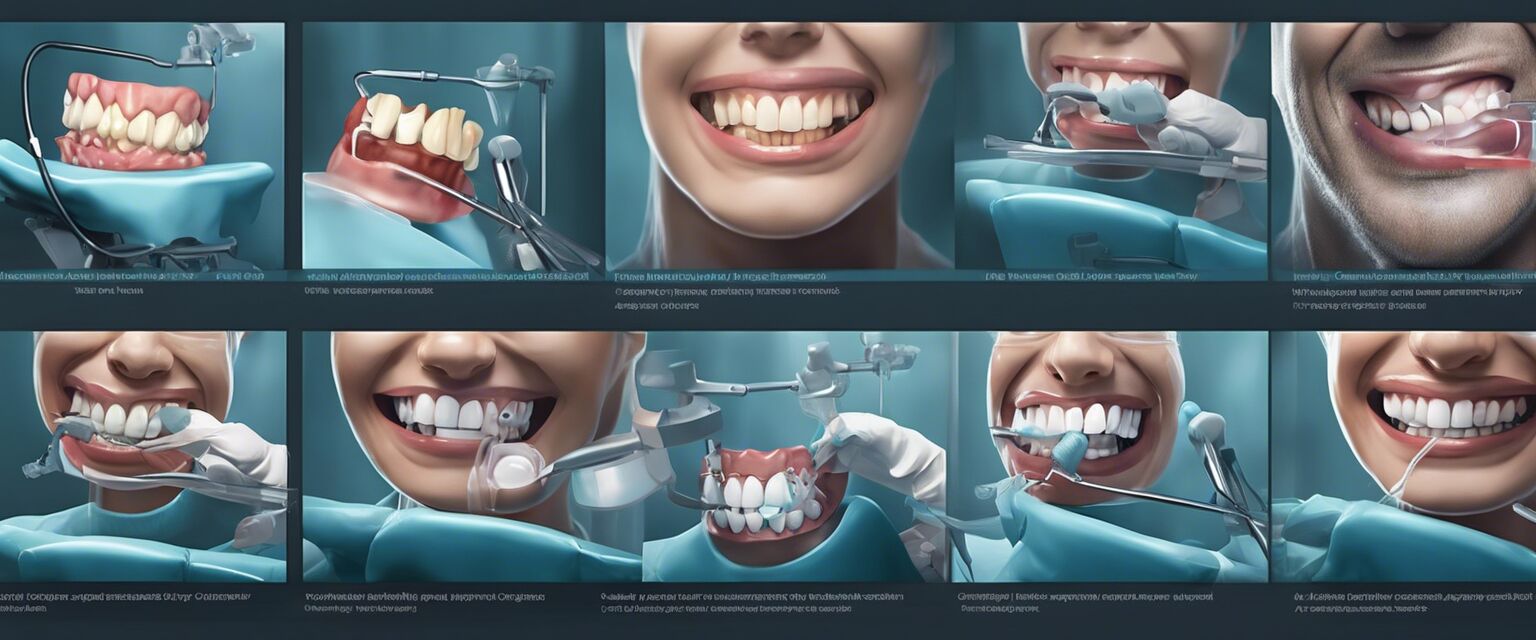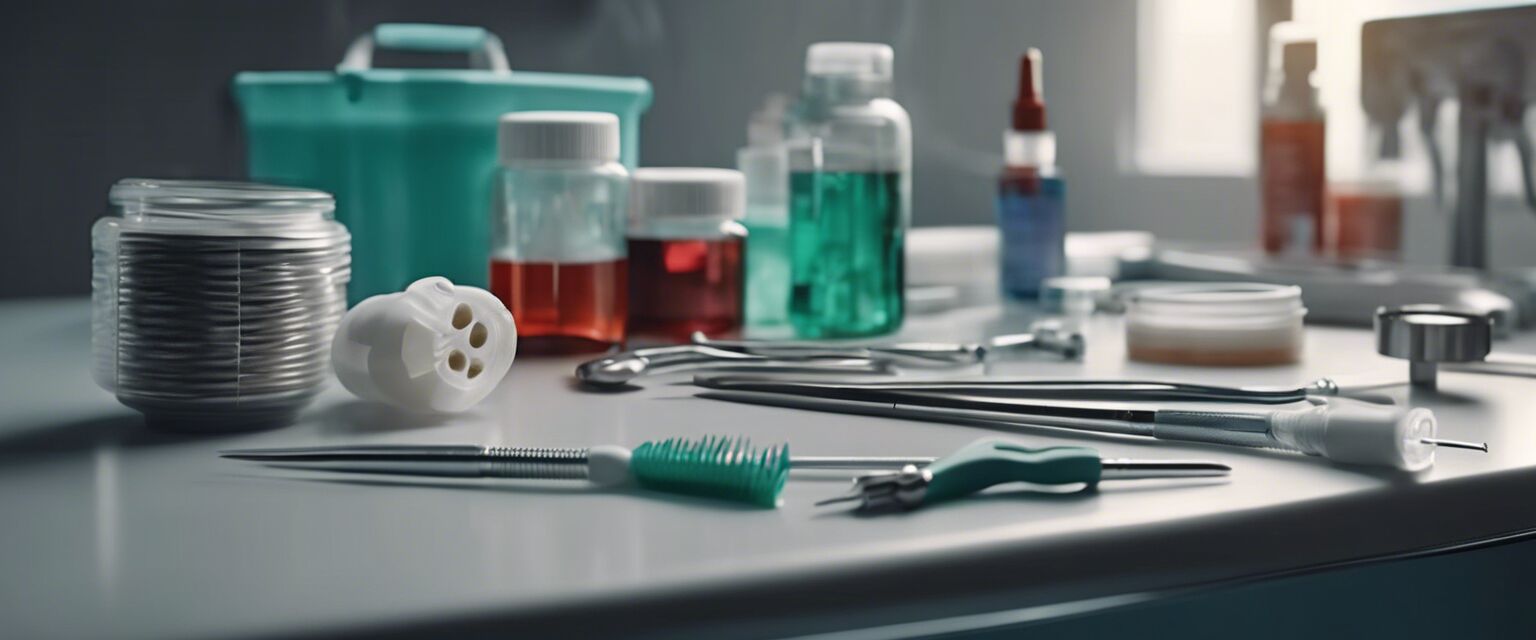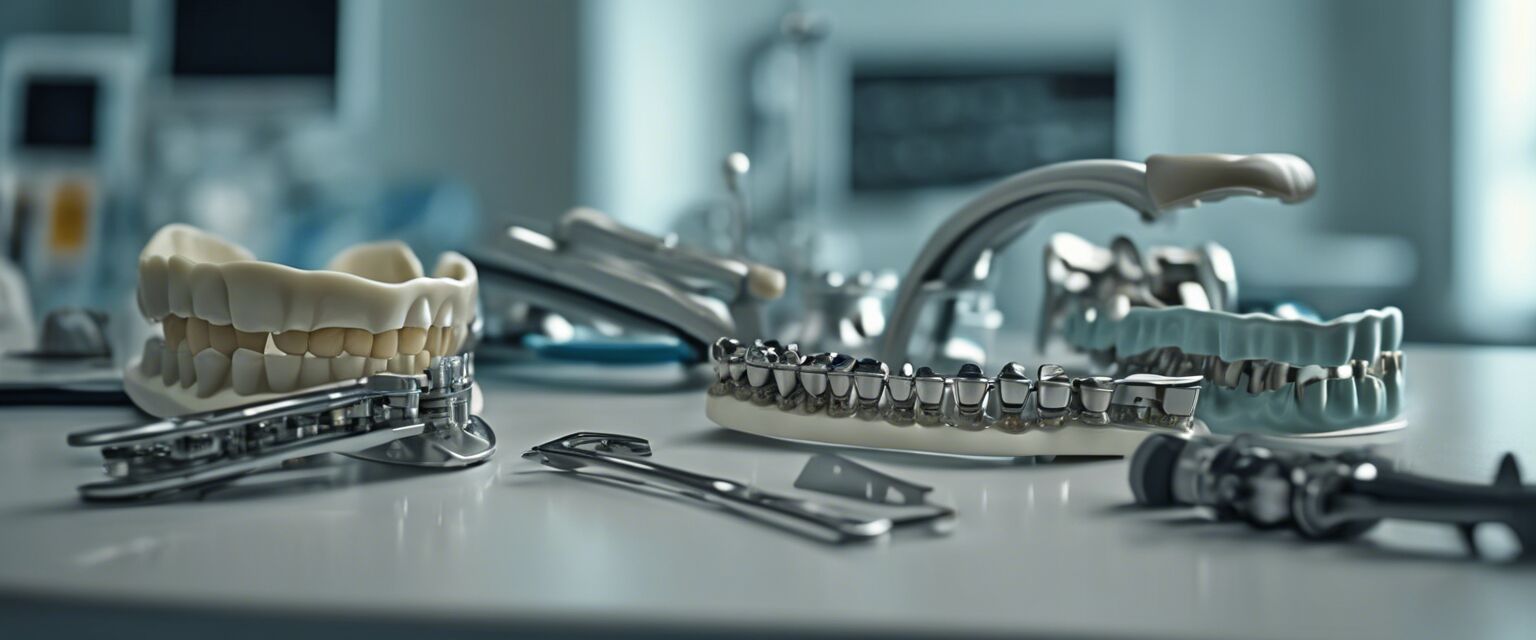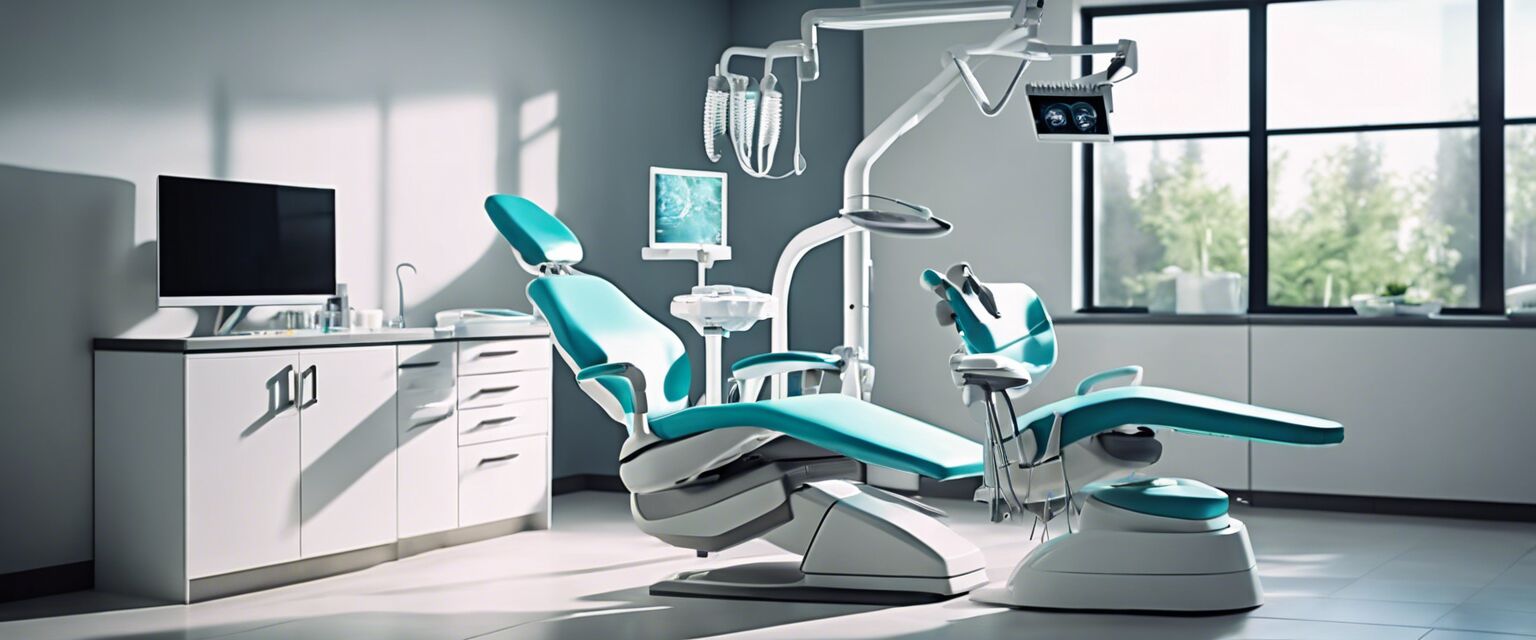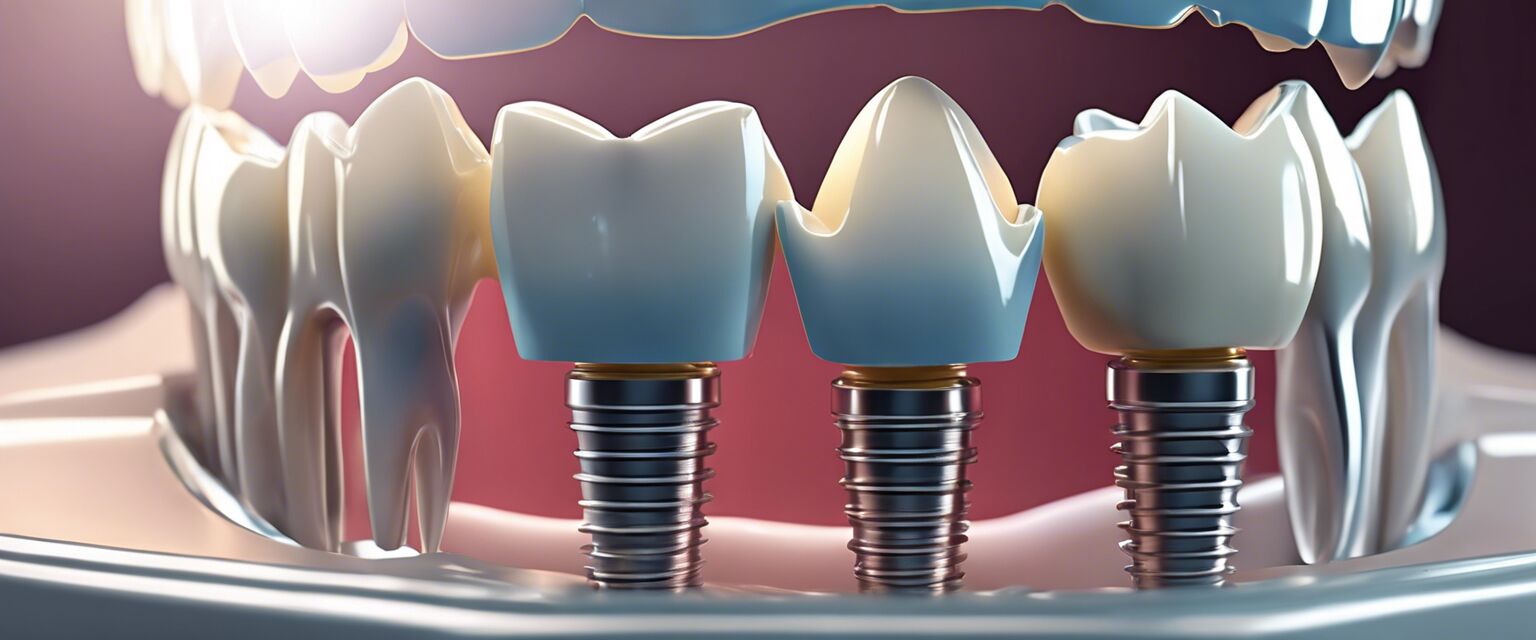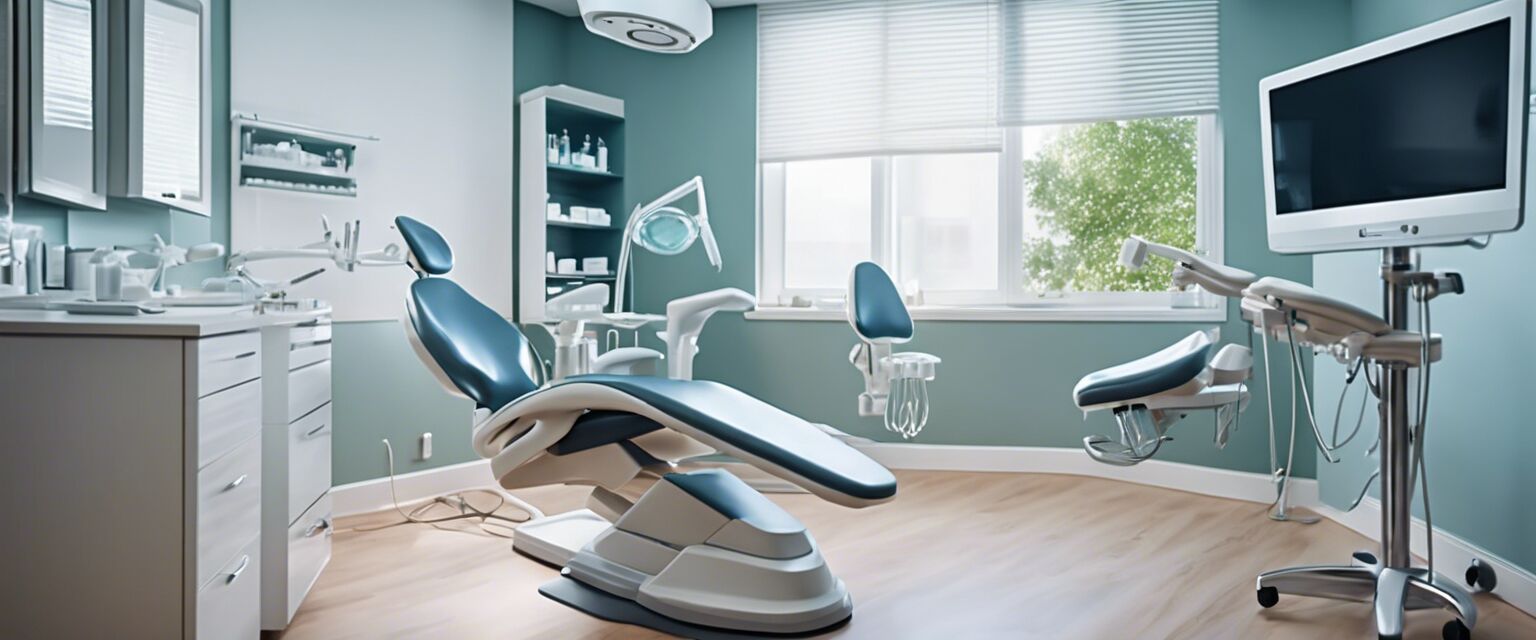
Sedation Dentistry
Key Takeaways
- Sedation dentistry helps patients manage anxiety during dental procedures.
- There are various sedation options, including nitrous oxide, oral sedation, and IV sedation.
- Consultation with a dentist is essential to determine the best sedation method for individual needs.
- Understanding the benefits and risks can aid in making informed decisions.
Sedation dentistry has revolutionized the way dental care is delivered, particularly for those who experience anxiety or fear at the thought of visiting the dentist. This approach not only helps in managing discomfort but also allows patients to undergo necessary procedures with greater ease. In this article, we will explore the various options and benefits of sedation dentistry, helping you understand how it can make your dental experience much more pleasant.
What is Sedation Dentistry?
Sedation dentistry involves the use of medication to help patients relax during dental procedures. This method can be beneficial for individuals with dental anxiety, those undergoing extensive treatments, or patients with special needs. The primary goal is to create a calm and comfortable environment while ensuring the patient remains safe and responsive.
Types of Sedation Dentistry
| Type of Sedation | Description | Common Uses |
|---|---|---|
| Nitrous Oxide | A mild sedative inhaled through a mask, often referred to as "laughing gas." | Minor procedures, anxiety management |
| Oral Sedation | Pills taken before the appointment; patients remain awake but relaxed. | Moderate procedures, longer appointments |
| IV Sedation | Administered through an IV, allowing for deeper sedation and quick adjustments. | Extensive procedures, high anxiety patients |
| General Anesthesia | Patients are completely unconscious and unaware; requires monitoring. | Major surgeries, special needs patients |
Benefits of Sedation Dentistry
Choosing sedation dentistry can lead to numerous benefits for both patients and dentists. Below are some of the most notable advantages:
- Reduces anxiety and fear, making dental visits more enjoyable.
- Allows for longer procedures without discomfort.
- Enables dentists to perform multiple procedures in one appointment.
- Helps patients with special needs receive necessary care.
- Improves overall dental experience, leading to better oral health.
Risks and Considerations
While sedation dentistry is generally safe, it is essential to understand the potential risks and considerations:
- Possible allergic reactions to sedative medications.
- Respiratory issues in some patients.
- Need for monitoring during and after the procedure.
- Post-sedation drowsiness; patients may need a ride home.
Pros
- Effective anxiety management
- Greater comfort during procedures
- Flexibility in treatment options
- Improved patient cooperation
Cons
- Potential side effects of sedation
- Need for careful monitoring
- Additional costs involved
- Not suitable for everyone
Who Should Consider Sedation Dentistry?
Sedation dentistry is ideal for various groups of people:
- Patients with dental phobia or anxiety
- Individuals undergoing extensive dental work
- Patients with special needs
- Those with a low pain threshold
- People who are unable to sit still in the dental chair
Consulting Your Dentist
Before opting for sedation dentistry, it is crucial to consult with your dentist. They will evaluate your medical history, discuss your anxiety levels, and recommend the most suitable sedation option tailored to your needs. A thorough consultation will ensure that you are well-informed and comfortable with your choice.
Preparing for Your Appointment
- Discuss your medical history and medications with your dentist.
- Follow pre-sedation instructions carefully.
- Arrange for transportation home after your appointment.
- Bring a list of questions to ask your dentist.
Conclusion
Sedation dentistry offers a valuable solution for individuals who struggle with anxiety or discomfort during dental visits. By understanding the options and benefits, you can make an informed decision about your dental care. Always consult with your dentist to find the best sedation method for your unique situation and enjoy a more relaxed dental experience.
Learn More About Other Dental Services
For further information on various dental services, consider exploring the following topics on our website:
- Cosmetic Dentistry
- General Dentistry
- Oral Surgery
- Orthodontics
- Pediatric Dentistry
- Restorative Dentistry
